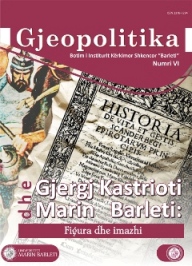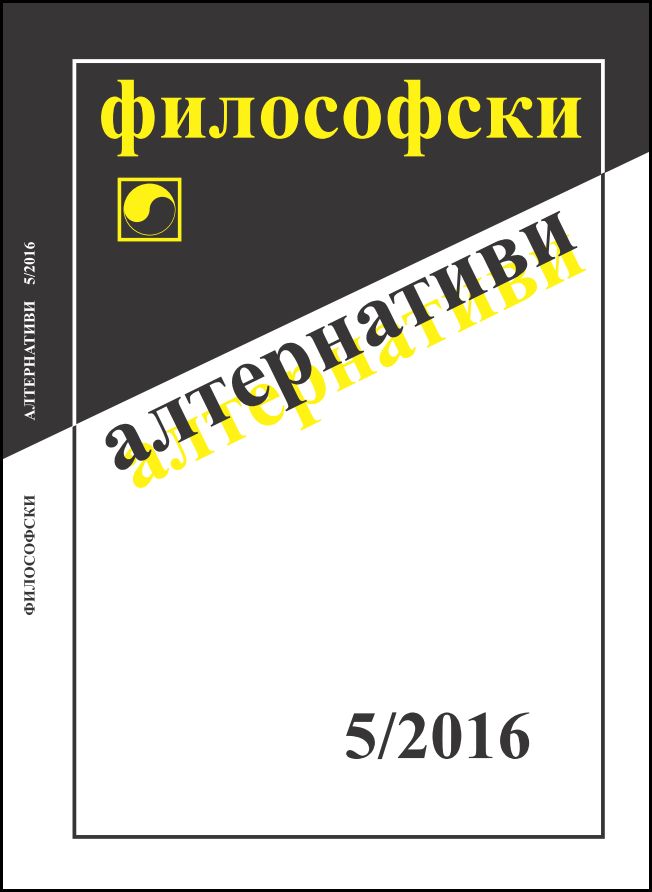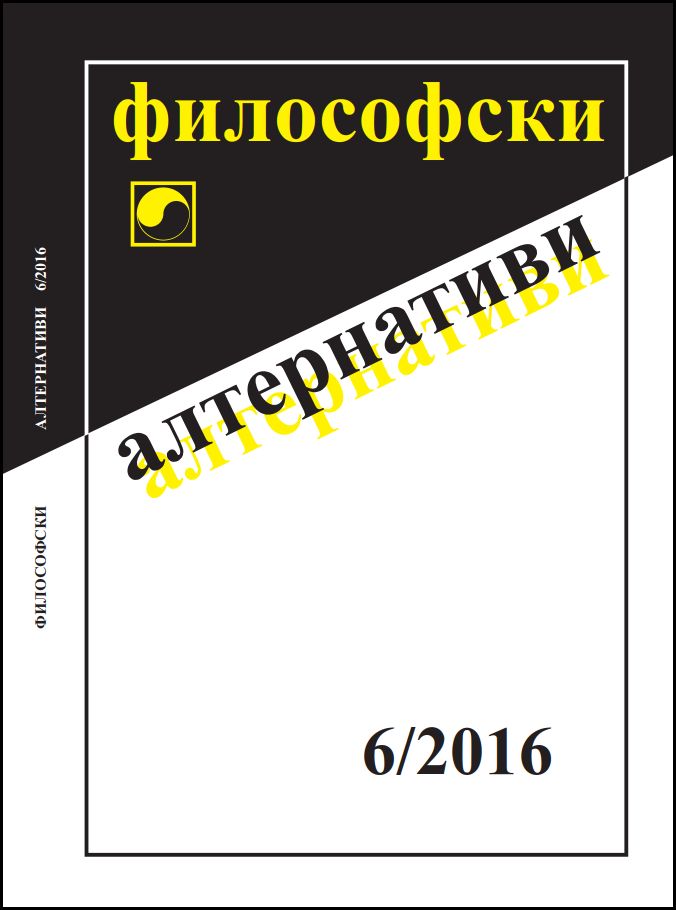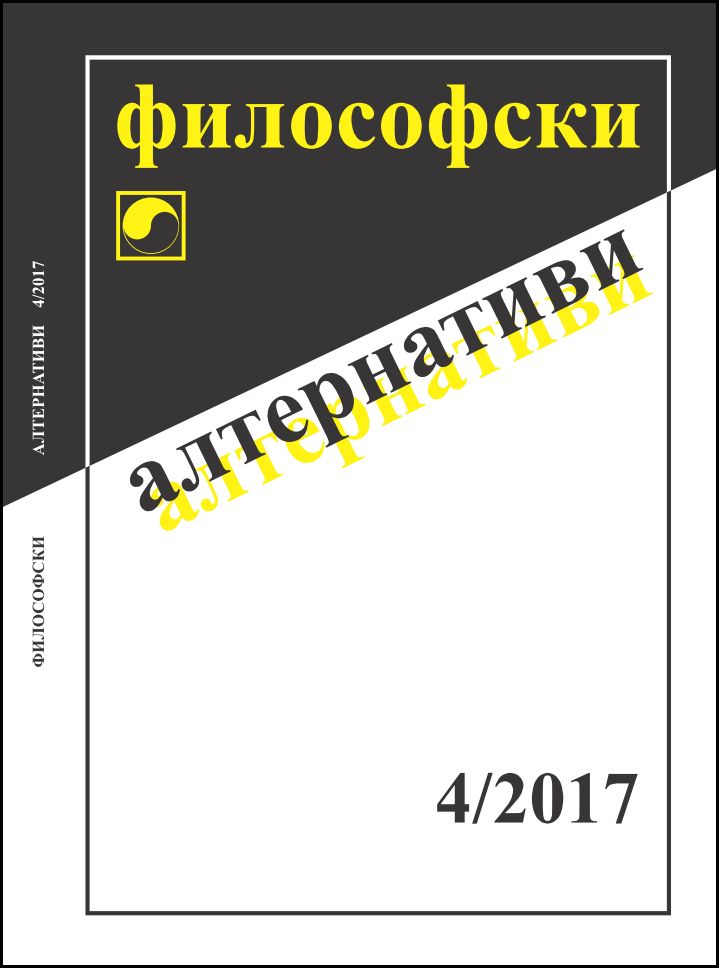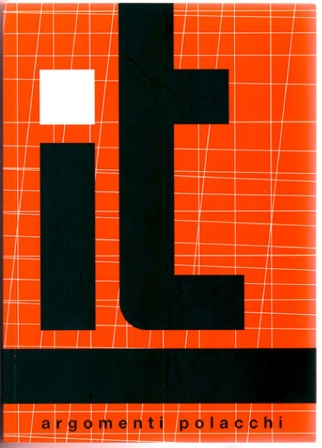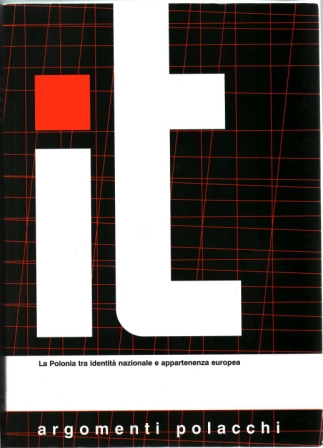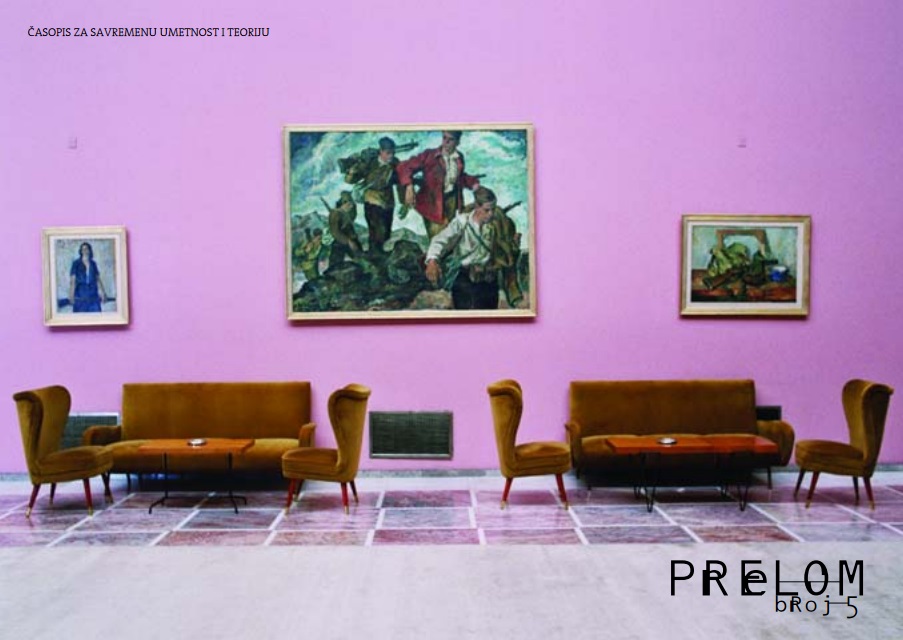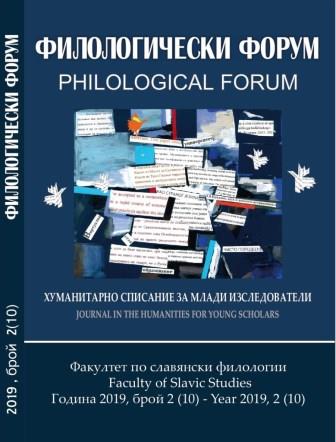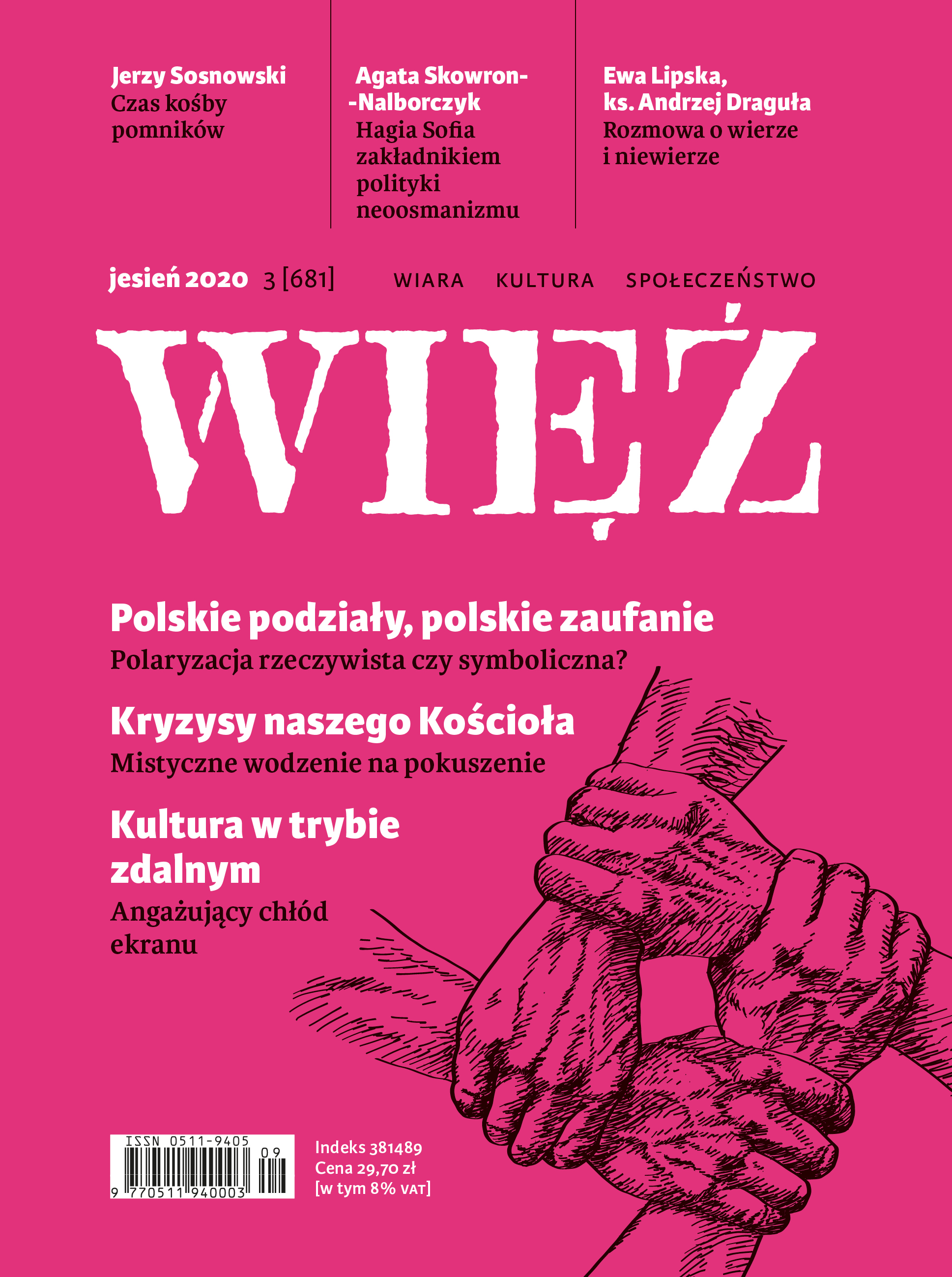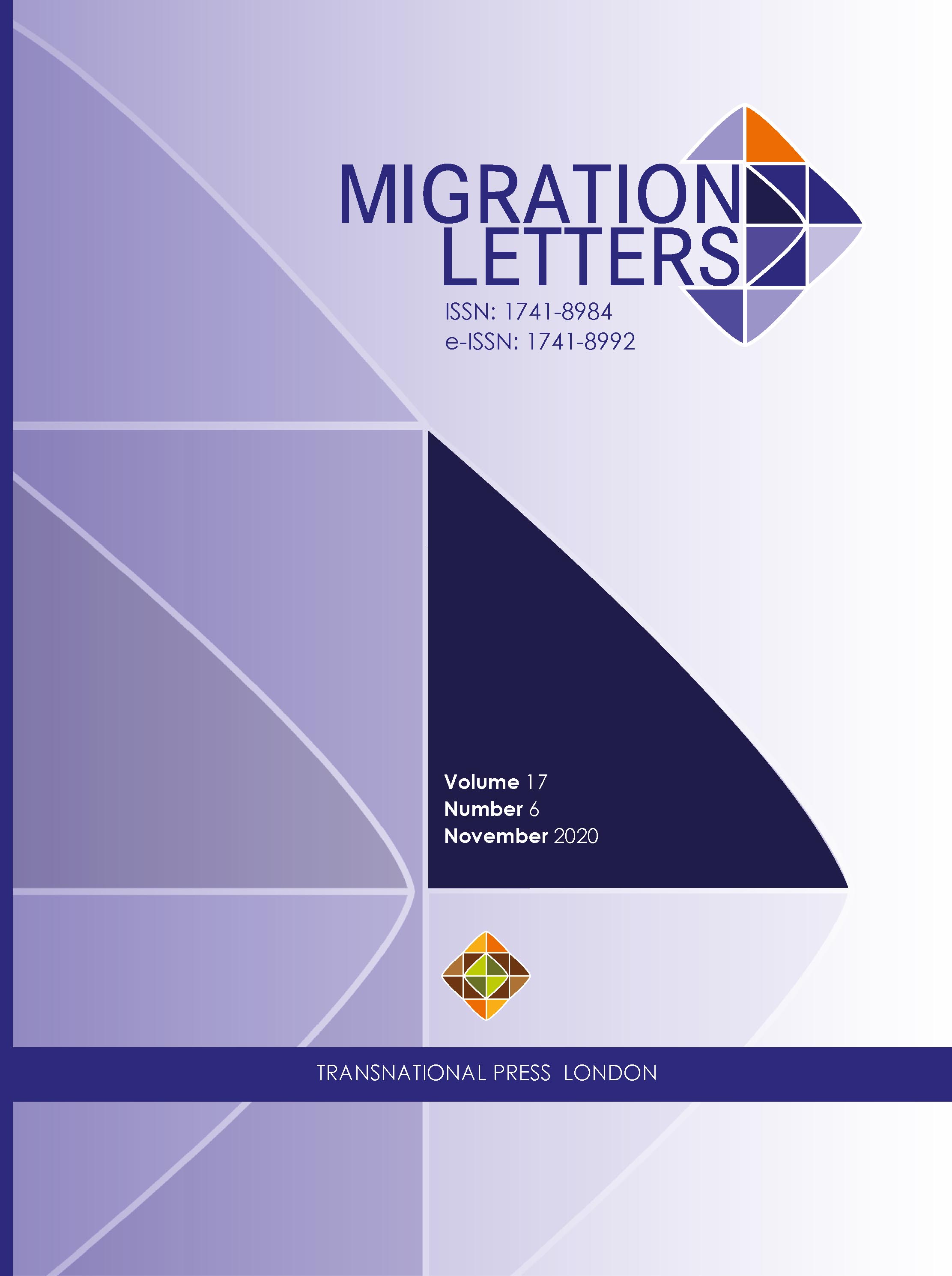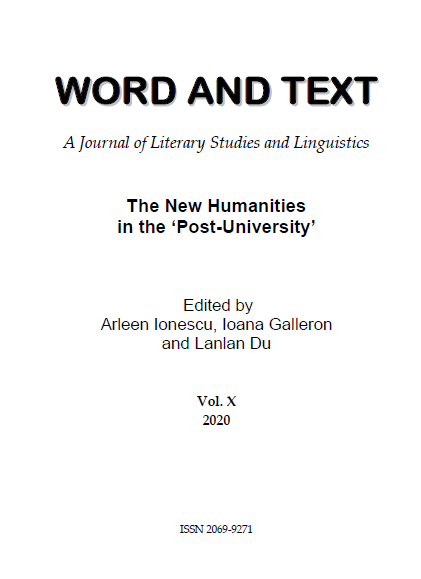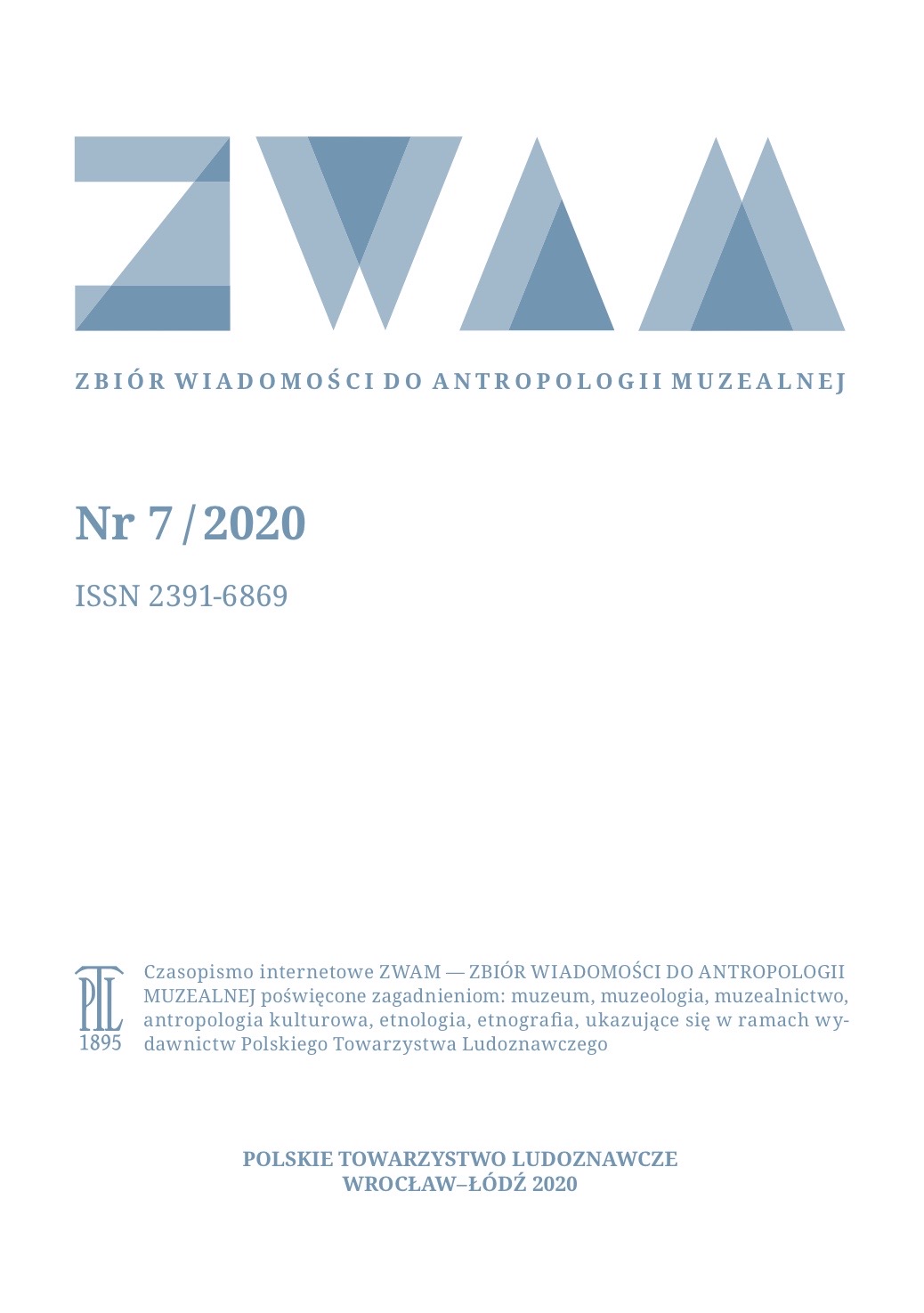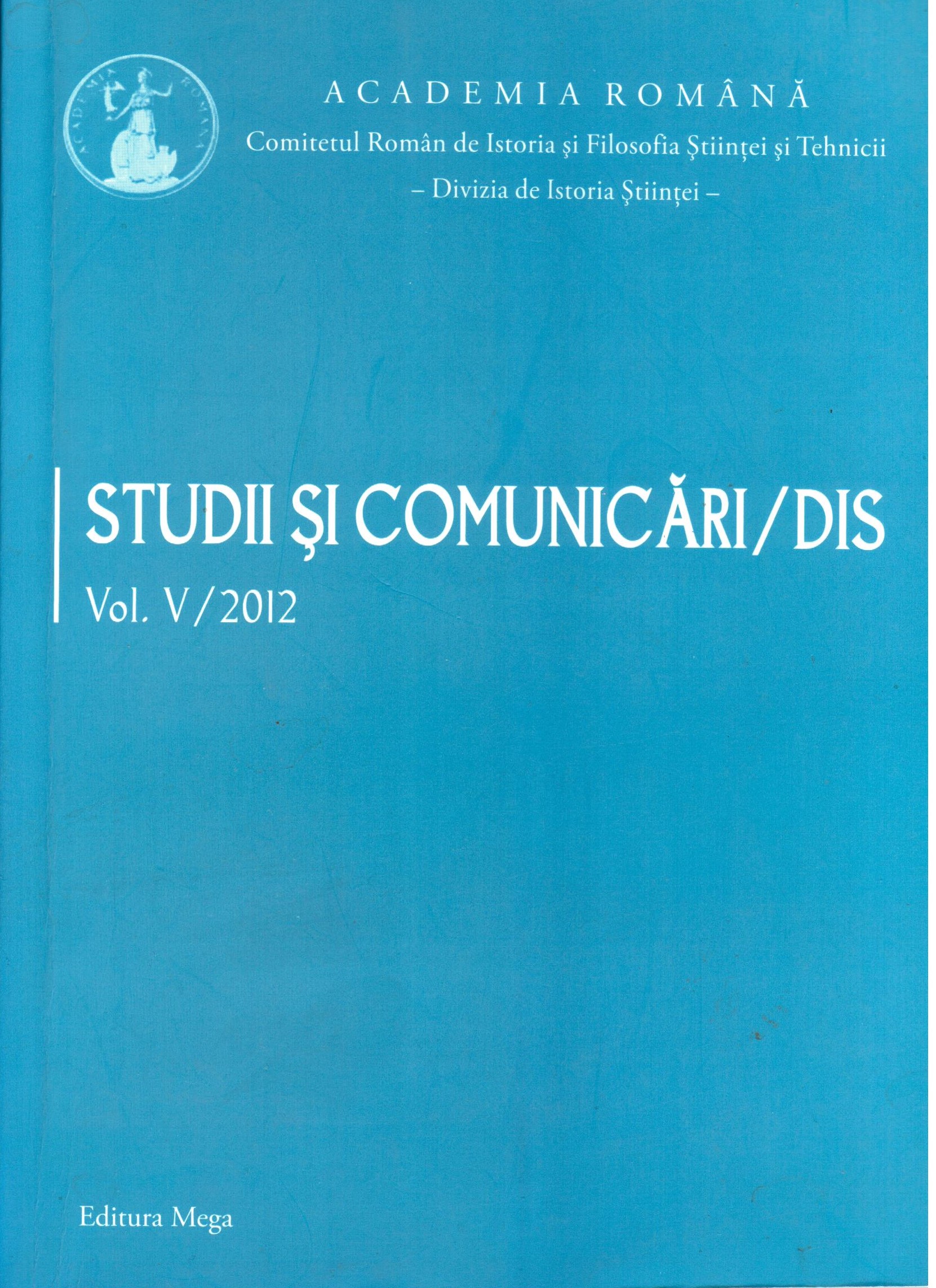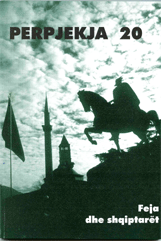
Zoti Në “Vendin E Mercedesëve”. Komunitetet Fetare Në Shqipëri Prej Vitit 1990
Brenda dhjetë vjetësh, Shqipëria, “Vendi i shqiponjave”, është kthyer në “Vendin e mercedesëve”. Rënia e regjimit të mëparshëm komunist i ka lenë vend shndërrimeve të jashtëzakonshme politike, shoqërore dhe ekonomike. Rritja e numrit të makinave në rrugët shqiptare (ku të çudit numri i mercedeseve) është një prej pamjeve të këtyre shndërrimeve ku do të shënonim: hapjen e vendit ndaj lirisë së lëvizjes, ngritjen e një ekonomie pjesërisht të lidhur me rrjetet e trafiqeve, etjen për fitim, gjakimin për mirëqënie materiale dhe për një shoqëri konsumiste, çka mohoej në të kaluarën. Pikërisht në një kontekst të tillë ka ndodhur edhe një ndryshim tjetër i rëndësishëm: rehabilitimi i fesë që u ndalua më 1967 gjatë të ashtuquajturit “revolucion kulturor shqiptar”. Në fakt shenjat e para të zbutjes së qëndrimeve antifetare u dukën që para kolapsit të regjimit, pas vdekjes së Hoxhës dhe veçanërisht më 1988 – 19891 . Më 1990 një nga masat e para që u morën për të zbutur kritikat e përgjithshme që drejtoheshin ndaj këtij vendi ishte rehabilitimi i fesë.
More...
